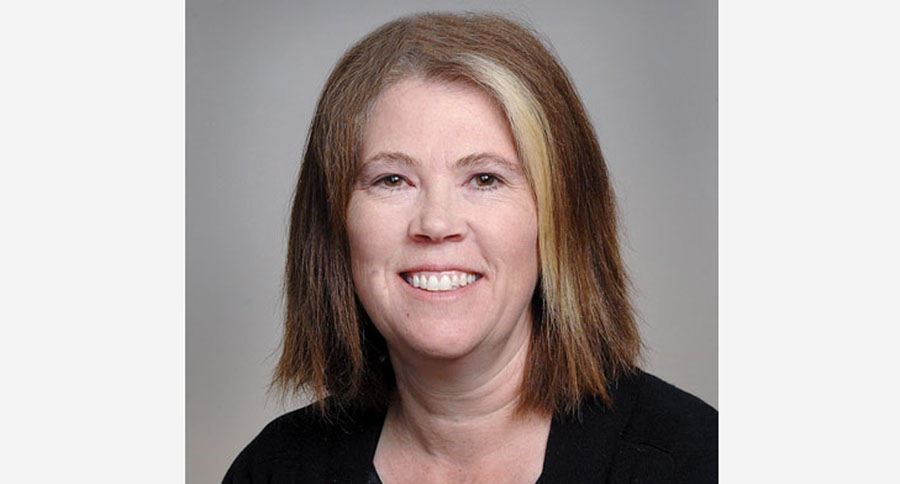This article marks my second year anniversary writing a column for the Prince George Citizen.
Writing this each week has given me a new found and a rather profound appreciation for columnists. Sometimes I think that the blank page is actually sneering at me. I am not sure what I would do if I had to commit to writing a column every day.
Part of the dilemma is that when you write a column you realize how much you begin to reveal about yourself. Each week's contribution is shaped by my citizenship, my professional training as a social scientist and by the challenges that parenthood affords. This week I will certainly illustrate how these three parts of my life intersect.
Last week my daughter and I drove out to Prince Rupert. Highway 16 is at once a spectacular thoroughfare and a frightening road. All the way along the highway are notices reminding us of the tragedies that are connected with this artery that connects east to west through northern B.C.
Signs asking for information about missing young women and reminders not to hitchhike are the fodder for billboards that mark out the eight hour drive.
At the same time there is beauty beyond words in the forests, rivers and communities that shape the landscape.
My heart would ache and my stomach would lurch as I thought of the families who have no answers and no closure.
I wanted to pull my daughter close to me as each sign shot by, caught in my peripheral vision. I kept my eye on the road.
I wondered if this is how families and communities felt this week when the federal government decided to deny an inquiry into the cases of missing and murdered women; I wondered if they felt that they were simply left on the side of the road - in someone's peripheral vision.
"Why?" so many have asked, "why can we not have a full inquiry that might help to reveal something that can prevent this from happening again?"
From a social scientist's point of view, the government's answer reveals a great deal about their view of the matter.
As I look back over two years of columns I note that I have explained a number of times that conservatives (and I use a small 'c' here because I am speaking about the ideology) see the role of the state as a kind of "night watchman" whose primary responsibility is to protect citizens.
Safety and security are the concern of the police and of federal agencies working to protect the country. When Stephen Harper says: "It's very clear that there has been very fulsome study of this particular ... of these particular things. They're not all one phenomenon... [w]e should not view this as a sociological phenomenon. We should view it as crime," he is articulating a particular view of the role of the state.
Those who are calling for an inquiry have a different set of assumptions.
An inquiry would assume that there is a greater context in which crime happens.
An inquiry would put both the perpetrators and the victims at the centre of the study. It would ask: "Why do these murders and disappearances happen? What are the root causes?" The answers lead to very different potential responses particularly if one sees the role of the state as a "caregiver."
If the state's responsibility is to correct the pathologies of society then an inquiry makes sense.
If you look carefully at Stephen Harper's statement, he is saying that there have already been studies into the core reasons that these crimes occur. There are studies on poverty, homelessness, domestic violence, substance abuse and a myriad of other root causes. But, he is arguing that it is not the federal government's responsibility to correct these "particular things" but rather to ensure that if the problems lead to crime that the perpetrators are caught and punished.
We have seen this policy approach repeatedly and I have raised it a number of times in this column. I have written about mandatory sentences and "tough on crime" policy as examples of the conservative view of security.
The long and short of it is that if you vote Conservative then this is the policy stance you are likely to see.
If this is not the approach that speaks to your values, then vote differently.



